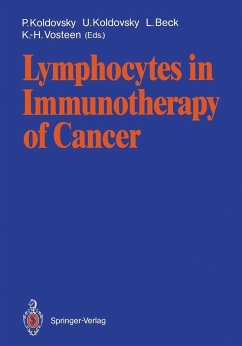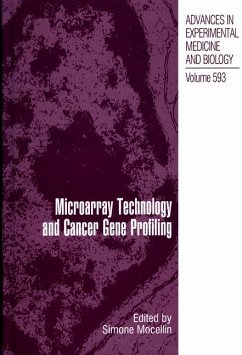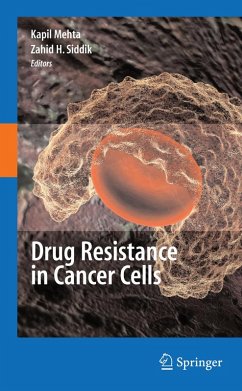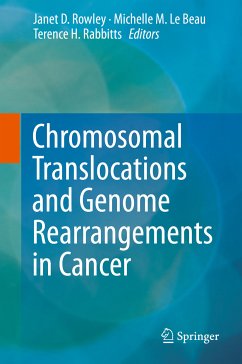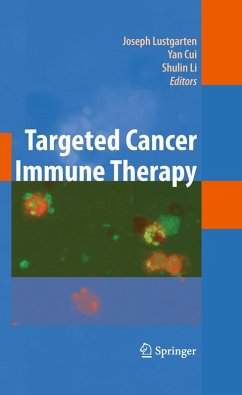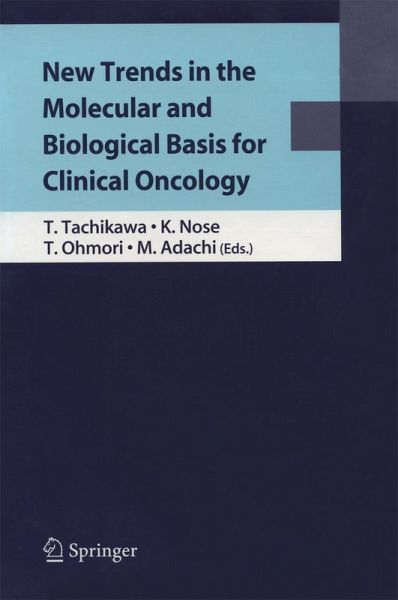
New Trends in the Molecular and Biological Basis for Clinical Oncology (eBook, PDF)
Versandkostenfrei!
Sofort per Download lieferbar
72,95 €
inkl. MwSt.
Weitere Ausgaben:

PAYBACK Punkte
36 °P sammeln!
Newly developed molecular target anticancer drugs have shown remarkable efficacy even in the treatment of intractable cancers such as hepatoma and renal cell carcinoma. As cancer research is becoming a multidisciplinary endeavor, close cooperation across the basic, translational, and clinical research fields holds the promise of further advances in cancer therapeutics. This book sets forth new strategies for development: cancer therapy targeting receptor tyrosine kinases with clinical utilization of new signaling regulations; interaction between cancer progression and extracellular environment...
Newly developed molecular target anticancer drugs have shown remarkable efficacy even in the treatment of intractable cancers such as hepatoma and renal cell carcinoma. As cancer research is becoming a multidisciplinary endeavor, close cooperation across the basic, translational, and clinical research fields holds the promise of further advances in cancer therapeutics. This book sets forth new strategies for development: cancer therapy targeting receptor tyrosine kinases with clinical utilization of new signaling regulations; interaction between cancer progression and extracellular environments such as inflammatory cytokines and the extracellular matrix; and investigation of biomarkers for personalized cancer therapy, with microarray analysis and pharmacogenomics technology. These and other findings from the latest investigations into cancer cell biology and therapeutics make this book an invaluable source for investigators in both the clinical and basic cancer research fields.
Dieser Download kann aus rechtlichen Gründen nur mit Rechnungsadresse in A, B, BG, CY, CZ, D, DK, EW, E, FIN, F, GR, HR, H, IRL, I, LT, L, LR, M, NL, PL, P, R, S, SLO, SK ausgeliefert werden.







